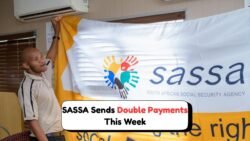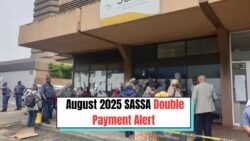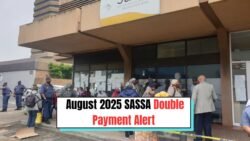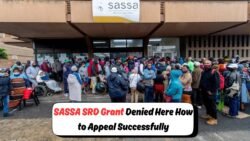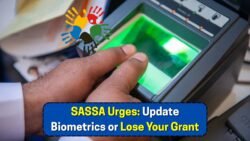Free Basic Electricity 2025 South Africa: In 2025, South Africa continues its commitment to providing free basic electricity to households in need, ensuring that no one is left in the dark. This initiative is part of the government’s social relief strategy aimed at alleviating the burden of utility costs on low-income families. With the rising costs of living, this program is a beacon of hope for many South Africans struggling to make ends meet. As we look towards 2025, it’s crucial to understand who qualifies for this essential service and how to apply effectively to benefit from it.
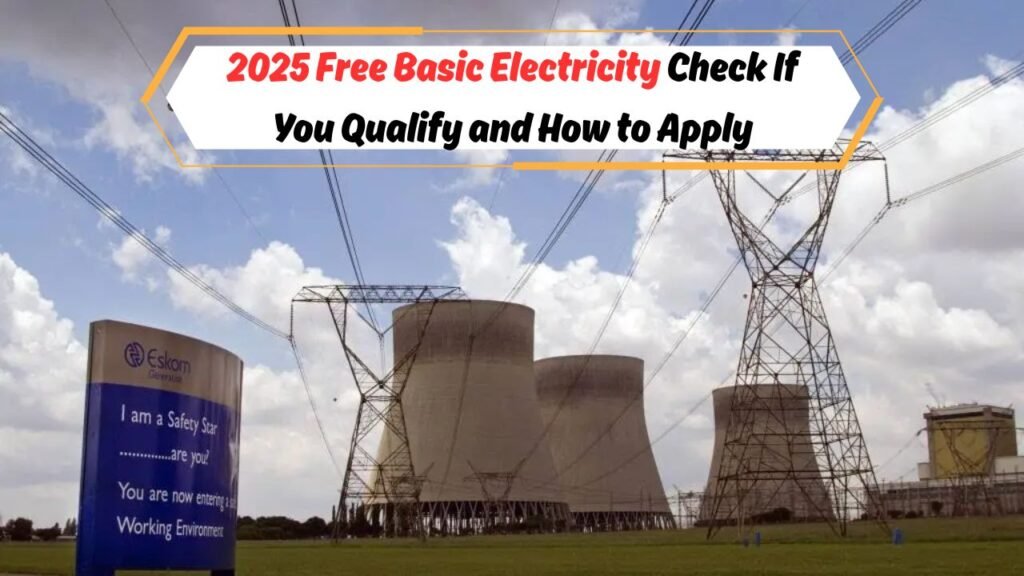
Eligibility for Free Basic Electricity in 2025
To access the free basic electricity in 2025, the South African government has set specific eligibility criteria to ensure that the most vulnerable are prioritized. Primarily, the program targets low-income households. Families with a combined income below a certain threshold, typically those earning less than R3,500 per month, are eligible. Additionally, recipients of social grants, such as old-age pensions or disability grants, automatically qualify. This ensures that the elderly and differently-abled, who may face additional challenges, receive the necessary support. It’s important to note that the criteria may vary slightly across different municipalities, as local governments have the discretion to adjust the requirements based on regional needs. Therefore, applicants are encouraged to check with their local municipal offices for specific guidelines. This eligibility framework is designed to reach those who need it most, reducing the financial stress associated with electricity bills and enhancing the quality of life for many South Africans.
How to Apply for Free Basic Electricity in 2025
Applying for free basic electricity in 2025 is a straightforward process, but it requires careful attention to detail to ensure a successful application. Interested individuals should first gather all necessary documentation, including proof of income, identity documents, and any relevant social grant details. These documents are crucial in verifying eligibility. Once the paperwork is in order, applicants need to visit their local municipal office or the designated service provider in their area. Many municipalities offer online application platforms, providing a convenient option for those who have internet access. During the application process, it’s important to provide accurate information to avoid any delays. Applicants should also inquire about any additional forms or procedures specific to their locality. After submitting the application, it typically takes a few weeks for processing. Successful applicants will be notified by their service provider and will begin receiving their free basic electricity allowance, which is credited directly to their electricity meter or account. This process ensures that support reaches those who need it, helping to alleviate the financial burden of electricity costs.
Benefits of the Free Basic Electricity Program
The free basic electricity program in South Africa offers numerous benefits, particularly for low-income households struggling with the cost of living. One of the primary advantages is the reduction in monthly utility bills, allowing families to allocate funds to other essential needs such as food, education, and healthcare. This financial relief can lead to improved living standards and a reduction in poverty levels. Additionally, ensuring access to electricity promotes educational opportunities for children, who can study under proper lighting conditions, and enhances overall household safety and comfort. The program also contributes to environmental sustainability by encouraging the use of electricity over more harmful energy sources such as coal and wood. By supporting cleaner energy consumption, the initiative aligns with broader governmental goals of reducing carbon emissions and promoting sustainable development. Ultimately, the free basic electricity program plays a crucial role in empowering communities, fostering economic stability, and improving the quality of life for thousands of South Africans.
Challenges and Future of Free Basic Electricity
Despite its numerous benefits, the free basic electricity initiative faces several challenges that need to be addressed to ensure its sustainability and effectiveness. One major issue is the accurate identification and targeting of eligible households. In some cases, discrepancies in income reporting or administrative oversights can lead to eligible families missing out on benefits. Additionally, the fluctuating costs of electricity and budget constraints faced by local municipalities can impact the program’s reach and effectiveness. To overcome these challenges, ongoing collaboration between government bodies, municipalities, and communities is essential. Increased investment in infrastructure, public awareness campaigns, and transparent application processes can help improve the program’s efficacy. Looking to the future, the South African government is committed to expanding the free basic electricity initiative to reach more households and adapting it to meet the evolving needs of the population. This includes exploring alternative energy solutions such as solar power, which can provide sustainable and cost-effective electricity to remote and underserved areas. By addressing current challenges and leveraging innovative solutions, the free basic electricity program aims to continue playing a pivotal role in promoting social equity and economic empowerment across South Africa.

